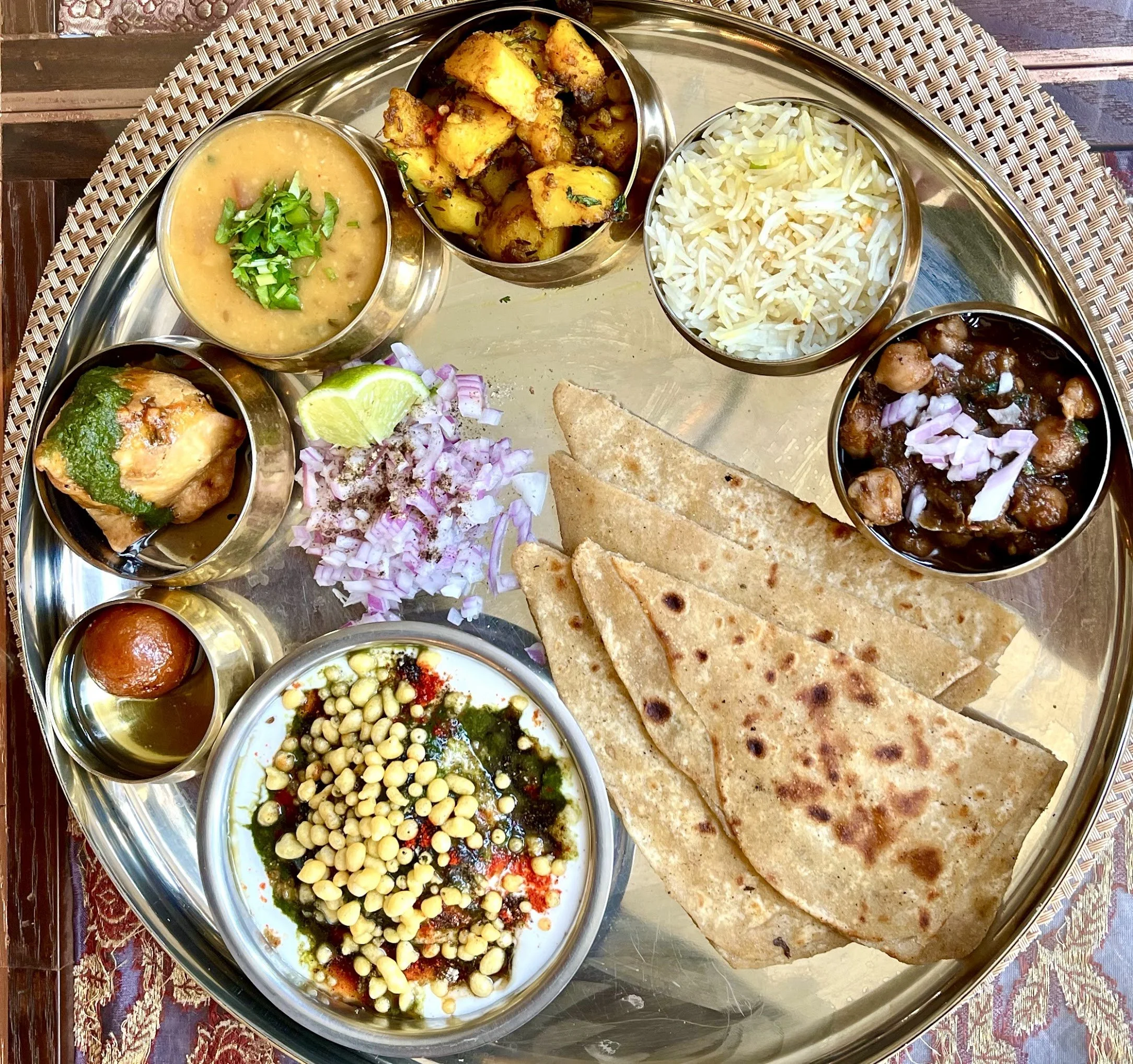Border Crossings: Cantón Mexicali Honors the Chinese of Baja California
One of the more interesting spots to have opened its doors in the Condesa as the pandemic winds down is Cantón Mexicali, a Chinese/American restaurant which pays homage to the Chinese immigrants of the capital of Baja California.
The Chinese have a checkered history in Mexico. While skilled workers were “invited” in the 19th century to build railroads, by the 1920s, the government’s concern over Chinese immigrants’ perceived involvement in organized crime led to the Movimiento Anti-Chino. This anti-immigrant sentiment resulted in the murder and deportation of many people of Chinese origin. Some of them, returning to a politically unstable China or a depressed U.S., eventually made their way back to Mexico. Those who remained, often married Mexican nationals. Their communities were concentrated in Mexico City, Mexicali, and later, Tijuana. The city of Mexicali, near the U.S. border, once harbored the largest community of residents of Chinese origin in Mexico—as many as 10,000 by 1920.
The author visits an underground dwelling, Mexicali. Photo: www.agringoinmexico.com
The Chinese of Mexicali were, at various times, appreciated or persecuted. In the 1920’s, a series of underground tunnels were built as residences to provide respite from heat and marauders-- some have recently been restored as a museum. Many people of Chinese origin crossed the border in search of a better life—today most live in nearby Calexico in California.
A Chinese area called La Chinesca remains, housing a concentration of businesses, namely restaurants. What’s prepared in these kitchens, much like that in Chinese restaurants across the border catering to a wider public, as well as in the Cafés de Chinos found in Mexico City (see my previous post), was adapted to local tastes. Asian cooking techniques were utilized, incorporating available, Western ingredients and came to be known and respected as Chinese/American cooking. Dishes, mostly Cantonese style and adapted to non-Chinese tastes, such as fried rice, chop suey and chow mein became well-known around the world.
At Cantón Mexicali, retro-style pervades, from the decor and music to the food. The warm, softly lit room seems to have retained the ‘50’s era furniture, lighting and decorations of the previous ersatz-Chinese restaurant, missed by nobody, housed for decades at this location. Music is a fun, camp mix that seems lifted from a John Waters soundtrack, though it can be obtrusively loud.
The menu is more of an homage to the under-appreciated Mexican/Chinese than an attempt to reproduce a specific regional cuisine; that’s because there isn’t much of one, at least one specific to Mexicali. “Authenticity” doesn’t rule here. It’s more of a creative take on old standards with a tropical touch—chilis, both dried and fresh, appear throughout even though the food isn’t highly picante. Certain dishes common to the American/Chinese lexicon are given a remodel, to greater or lesser success. Though named “Canton” the menu encompasses recipes derived from other regions, namely Szechuan. The menu is judiciously compact, currently offering a handful of appetizers, eight meat dishes, several rice and noodle concoctions and one dessert.
A standout from the ‘botanas’ section is the pork wontons, more Szechuan in style than Cantonese: smallish, pleasantly chewy wrappers house ground pork fragrant with ginger and bathed in salsas of charred chiles and infused chili/sesame oil. A refreshing accompaniment is the ensalada de pepinos, also a common Szechuan starter. Wedges of Persian cucumbers are marinated in a dressing of soy, lemon, garlic, chili oil and dill.
Fried rice, the time-honored test for any Chinese/American kitchen, is here given a Mexican touch - a chili-infused sauce gives the pleasantly al dente grains. a rosy glow. Bits of carnitas and shrimp abound. This dish hits all the marks. Dan dan noodles, another Sichuan classic, is re-worked here; its sauce, usually oily and infused with hot chili and Sichuan pepper is creamier and mellower.
Of the two chicken dishes, Kung Pao wins the prize. This warhorse, so often heavy and goopy, is here lightened and refined: chunks of rice wine-marinated thigh (kudos to the chefs, Asians never use breast meat in a stir-fry) are quick-fried with peppers, cashews and peanuts. The dish is light, bright, infused with “wok hey” - the breath of a wok. Bravo!
Chop suey, however, which might have brought a tear to those, like this writer, susceptible to nostalgia, comes out flat - eyes stay dry. Carne Mexicali, fragrant crisp-fried sliced beef, was on two occasions carelessly cut so that some pieces became, in a matter of seconds no doubt, overcooked and tough, though the flavor was pleasant.
A partner in the venture with whom I chatted explains that this is a collaborative effort and a work in progress; the menu will morph with time, and most likely expand. Cantón Mexicali is a good place. This is not a “Chinese for Chinese” restaurant but will please fans of Asian flavors which is most of us. And people from Mexicali.
Cantón Mexicali
Alvaro Obregón 264, corner of Cacahuamilpa, Condesa (see map)
Tel. 55 1701 1479
Open Wednesday – Monday 1:30 – 11 p.m., closed Tuesday
*There is no outdoor seating; the room is therefore not pet friendly









